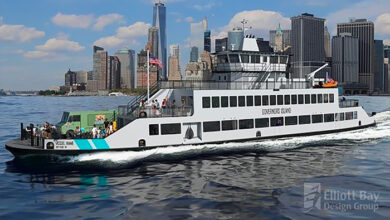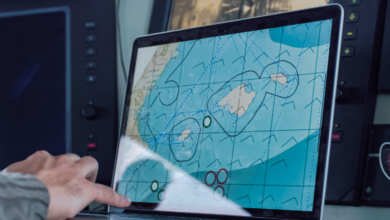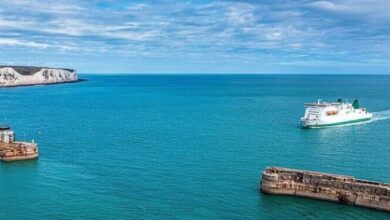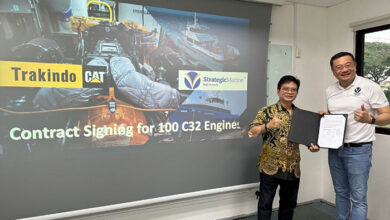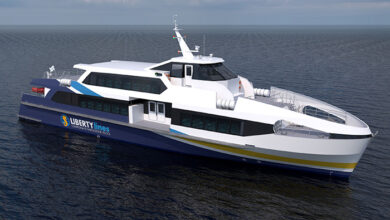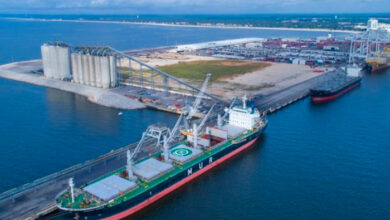HomeNewsPorts News
Ports : British Ports Association – Government must act on supply chain pressures
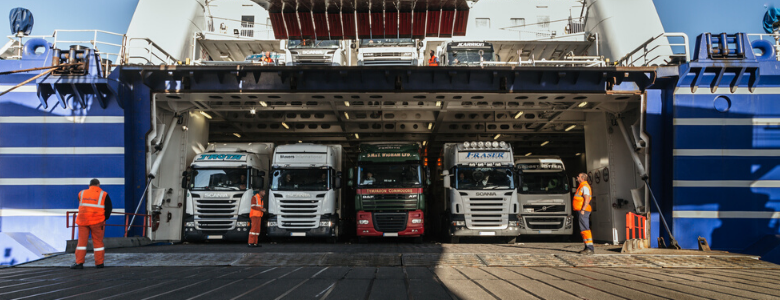
Government must act on demands from the haulage industry to relieve pressure on supply chains, says the British Ports Association.
Commenting on widely reported supply chain pressures, Richard Ballantyne, Chief Executive at the British Ports Association said:
“The lack haulage capacity has contributed to inefficiencies across the supply chain. We are seeing increased wait times at ports. The shortages push up costs and put suppliers under more pressure.

As many have warned, Covid and Brexit have obviously contributed to haulier shortages and we are very supportive of the haulage industry’s calls for a review of the post-Brexit immigration rules for European-based HGV drivers.
Action is needed now, particularly ahead of the introduction of new enforcement controls for imports in January which could add more pressures on the supply chain.”
Ignore port marine safety compliance at your peril
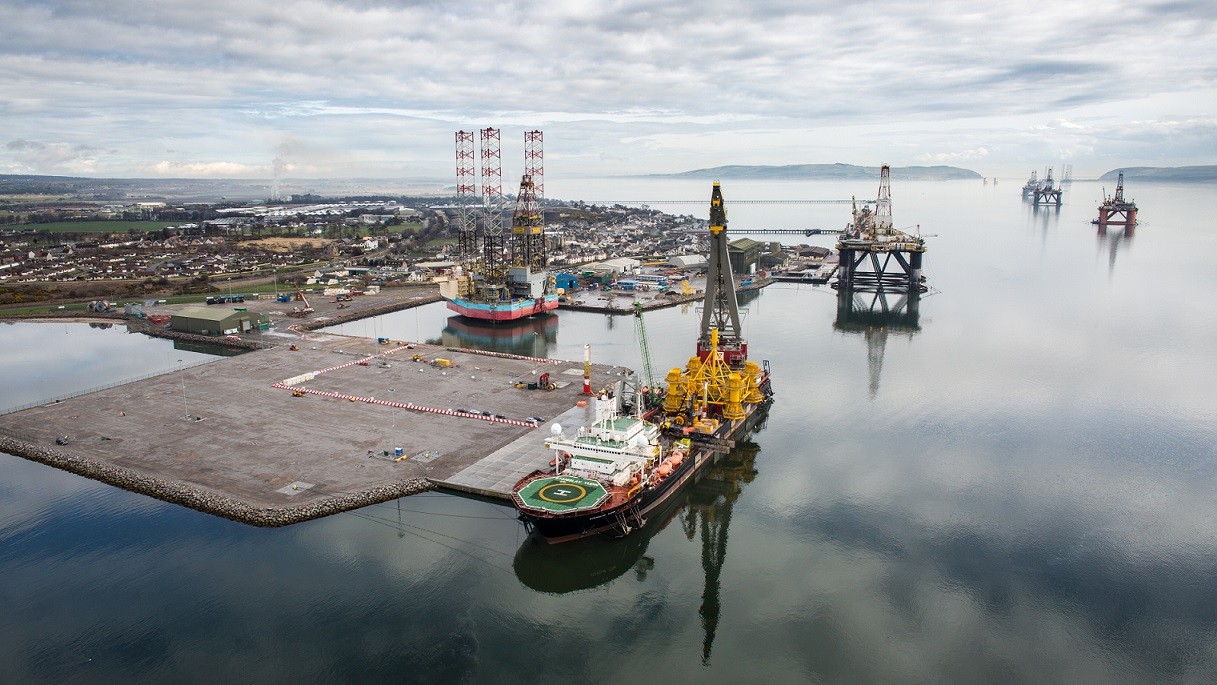
On another side. With a month left of the deadline of the ‘second chance call in’ for this year’s UK Port Marine Safety Code compliance exercise, the British Ports Association has called on all UK ports, harbours, and marine facilities yet to participate, to report through to the Maritime and Coastguard Agency, as a priority.
By ignoring this call, port duty holders could at least be setting a dangerous precedent, or at worst demonstrate a lack of competence to manage their port’s safety systems.
Commenting, Richard Ballantyne Chief Executive of British Ports Association, which represents over 400 ports and facilities around the UK, said:
“The Port Marine Safety Code has evolved into a vital resource and compliance demonstrates a port’s ability to limit and control their operational safety risks. As well as allowing operators to assess and manage safety arrangements, the PMSC and the three yearly Compliance Exercise provide the government with the knowledge that individual ports and marine facilities are being managed responsibly and competently.
There is now one month to go in this additional period to participate in the exercise. We want to see as many operators as possible indicate their compliance to help maintain safe port activities around our coasts.”
In recent years the Code’s coverage has expanded beyond the traditional UK port authority and now includes other entities such as individual terminals and marinas. There have also been challenges for some smaller local authority-owned ports understanding all the relevant issues. Getting the message out to these facilities is important so as to ensure safety management is as comprehensive as is possible across our industry.
The Maritime and Coastguard Agency’s Ports and VTS Policy Manager, James Hannon, who leads on PMSC compliance, suggested port duty holders across the UK still had time to indicate their compliance:
“It is essential that ports and facilities indicate their compliance to the government. Pretty much all the larger port authorities have confirmed their compliance but there remain a number of individual terminals and smaller port and marine facilities yet to respond. Non-compliance can lead to MCA visits and also be used in evidence during prosecutions of other marine incidents. However, the message from us is that the MCA is here to help ports of all types on their PMSC journeys.
The Code describes how ports can assess risks, design safety management systems, and also install governance processes to ensure that a Designated Person is able to evaluate controls and report directly to port duty holders and boards, and any duty holder yet to do this will need to ask themselves serious questions if they have not at least reviewed the Code.”
An additional period has been added to this year’s PMSC compliance exercise to help ports and facilities participate. Such operators now have until 24 September and the MCA asks that port duty holders submit a letter of compliance and the original details are available here.
Alongside this, the MCA also carries out a number of port ‘health checks’ to verify that the correct instruments are in place at a number of different ports each year.
The BPA works closely with the MCA, the Department for Transport, and ports around the UK to encourage compliance. Recognizing the significance and challenges for ports, the industry body regularly holds briefing sessions for port duty holders, those at ports with the ultimate responsibility for safety at their organization. The Association has also developed a separate session for port terminal operators and marine facilities as a result of the growing interest from those less familiar with the Code.
About BPA







